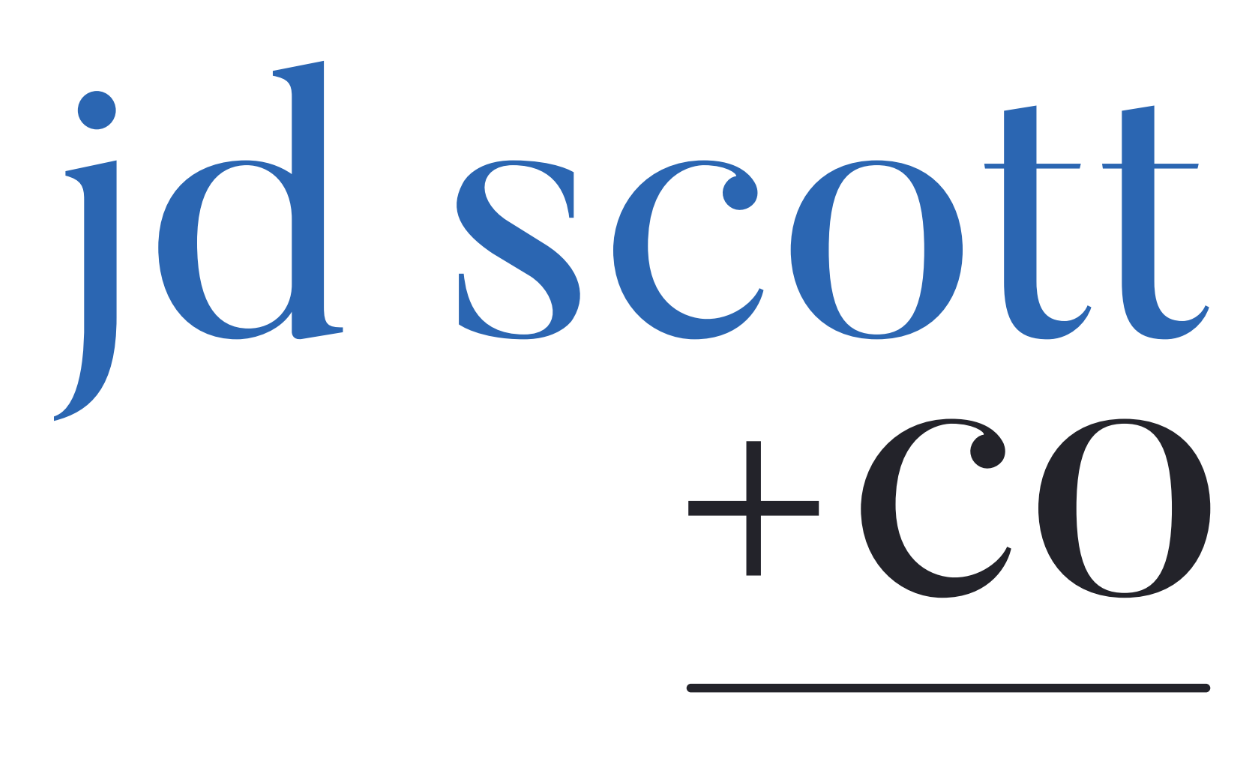If spend anymore than a few minutes dealing with Australian tax matters, you’ll hear the word “tax ruling”. But what exactly is a tax ruling and how does it impact you and your businesses taxes?
Basically, a tax ruling is the ATOs interpretation of tax law. Tax law is complex and a issues may arise from time to time that requires interpretation. Tax rulings are usually narrow in the topics they deal with. They are written in such a way as to set out the issue, what is the ruling and then provide a detailed section on why the ATO says what is says.
Rulings are binding on the ATO, even if they are found later to be invalid by the Courts (not every interpretation the ATO makes is correct). If you follow a ruling, you won’t be penalised by the ATO. However, if you don’t follow a tax ruling, which is possible if you think the ATO is wrong, then you can leave yourself open to ATO action.
For example, tax law says that entertainment is not tax deductible. But what is entertainment? Is a coffee catch up with a client entertainment? Or what about a banquet dinner at a restaurant? Well luckily the ATO has a ruling for that (TR97/17 Income tax and fringe benefits tax: entertainment by way of food or drink). The ruling provides guidance and rules to assist you in answering the question “what is considered “entertainment” for income tax and FBT purposes”.
Types of tax rulings
There are three types of tax rulings, public rulings, private rulings and oral rulings.
Public rulings are the ones most often discussed and are the ATOs interpretation of issues they see. TR 97/17 is a good example of that. They are usually released in draft form to allow time for tax practitioners to comment on them. Over time they may be amended, withdrawn or updated as tax law changes or as the courts issue judgements different to the ATO interpretation.
Private rulings are where a tax payer asks the ATO for their interpretation of a certain set of facts. For example, if you have a large business dealing and you wont certainty on the tax treatment of a specific matter. The ATO will give its interpretation of the tax law and it will be binding on them.
Finally, there are oral rulings. These are used for simple matters and are given over the phone by the ATO officers.
Tax rulings help provide you with a level of certainty in the interpretation of tax matters.













